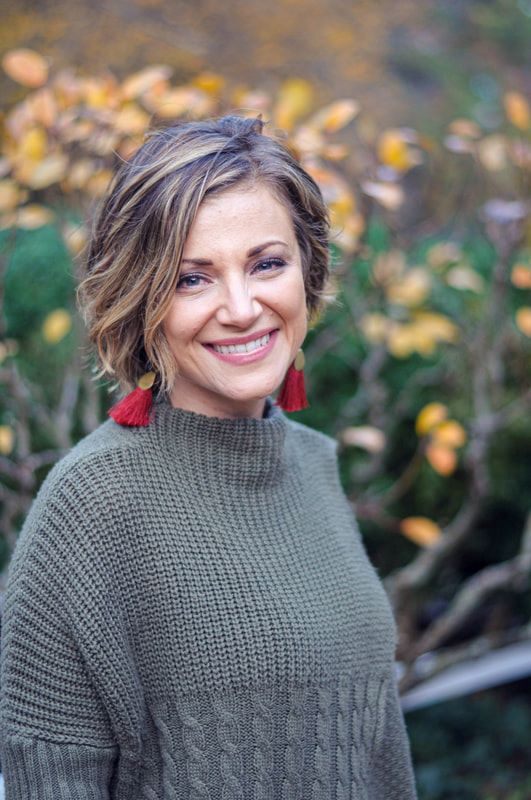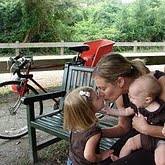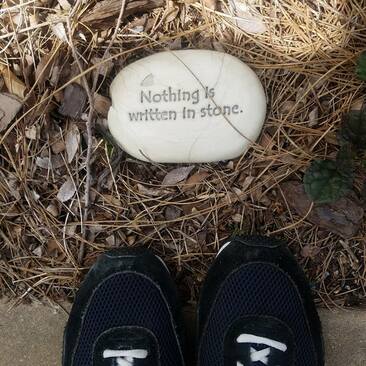
When we moved to Tennessee, thinking it would be for two years, I dove into trying to meet people. And though I often felt lonely and out of place, I now know that I hit the jackpot. There I found a group of women who threw their doors open wide. They managed to hold each other tightly while always widening their circle.
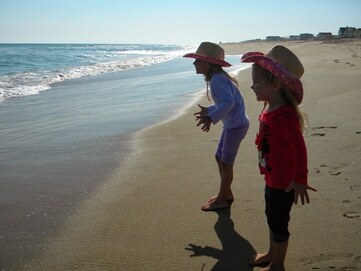
What I’m trying to say is this: I know what it’s like to be the one who leaves. I know how hard it is to start over—again—the energy it takes to muster another awkward meeting, wondering if maybe this encounter will be one that finally turns into a lasting friendship. I know the anxiety and work of ensuring the kids thrive in transition. I know that, unfair though it may be, it seems like the new girl is usually the one who does the inviting, the one on whom the burden to find a place falls. When you move where everyone has already found their people, there isn’t always room for one more, even when the people are nice. And that stings.
When we moved here, the only thing I liked about it was that it meant no more moving for a while and less travel for Daniel, despite very long hours. I had no idea whether we would learn to love anything else. I would never call any place my “forever home;” I just can’t see that far around the bend. But we really like living here and don’t have any plans to leave. Here’s the problem with that: Everyone else seems to. Because of the military, and a host of other reasons, this is a transient place. To live here is to love and to lose. It happens in cycles; every two years or so I have to say a big goodbye, not to mention the smaller ones sprinkled throughout every year.
Two years ago we sent off a family that felt like family to ours, and I said goodbye to the best friend I’ve had the joy of making since I became an adult. It’s a strange sensation to be left like that. Because when you’re the one moving on, in order to survive, you have to summon the energy to move forward, to make friends, to establish patterns. But when you’re left behind, you don’t. You already have the rhythms and necessities of life, so you carry on, navigating around a gaping hole. I'm not at all suggesting that being left is harder, only that it's an entirely other thing I wasn't prepared for.
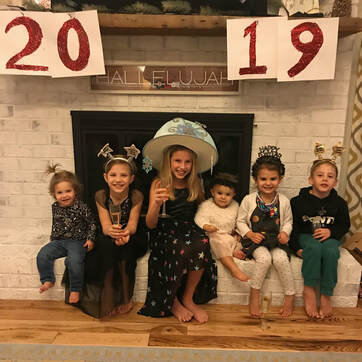
In the wake of this loss, we also prepare to watch our next-door neighbors of whom we’ve grown very fond and a number of other friends start new chapters. We are excited that our friends get to realize dreams that have been years in the making, but still exhausted at the thought of starting over; as with so many things in life, we live in the tension of both, not or. We are weary, bruised, and a bit unsure what the point is of building this community in what feels like such shifting sand. If we are the only constant, really, why do we open our door and our hearts, again and again?
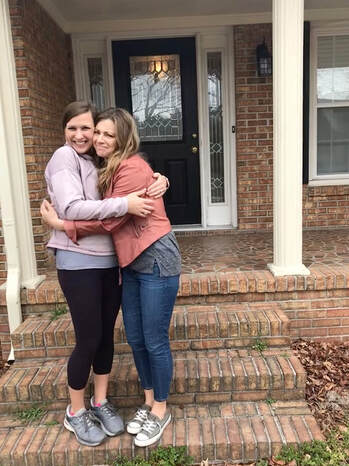
And yet I know that’s not true. The trick, I think, is to stay soft and open when logic says it would be unwise to do so. If my focus is inward, if my goal is to guard my heart from further pain, then the vulnerability of venturing out into new friendships—particularly with people who are bound to leave me—is reckless and foolish. But if my focus is outward, if my goal is to love—as often and as many and as wholeheartedly as possible— then I have no choice but to walk to my door, with a limp if necessary, and throw it open again. Absolutely I have been loved like that, and I will always be grateful for it.
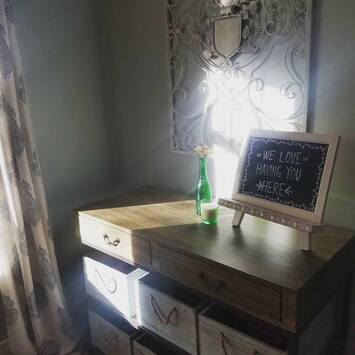
Five years ago, Daniel and I bought our house with a purpose; we knew we were called to open it often. But we couldn’t have known then what staying put would require of us, the courage it would take to open our hearts over and over, knowing we would be left. After an extended season of living in shallow soil, we couldn’t wait for our family to grow roots. But we couldn’t have known that calling would come with a catch: that we would be an oak tree surrounded by gorgeous annuals that bloom brilliantly for a season and are then gone.
We never really get over the beauty of the friendships we’ve made with people just passing through. But we hold each other tightly, reluctantly taking a step back to widen our circle. We remember what it was like when we were weary travelers, how grateful we were to be welcomed in. So, we grieve our losses, then take a deep breath and extend an invitation again. Of course we have room for one more, we say. Come in and sit by us, if only for a while.
 RSS Feed
RSS Feed
